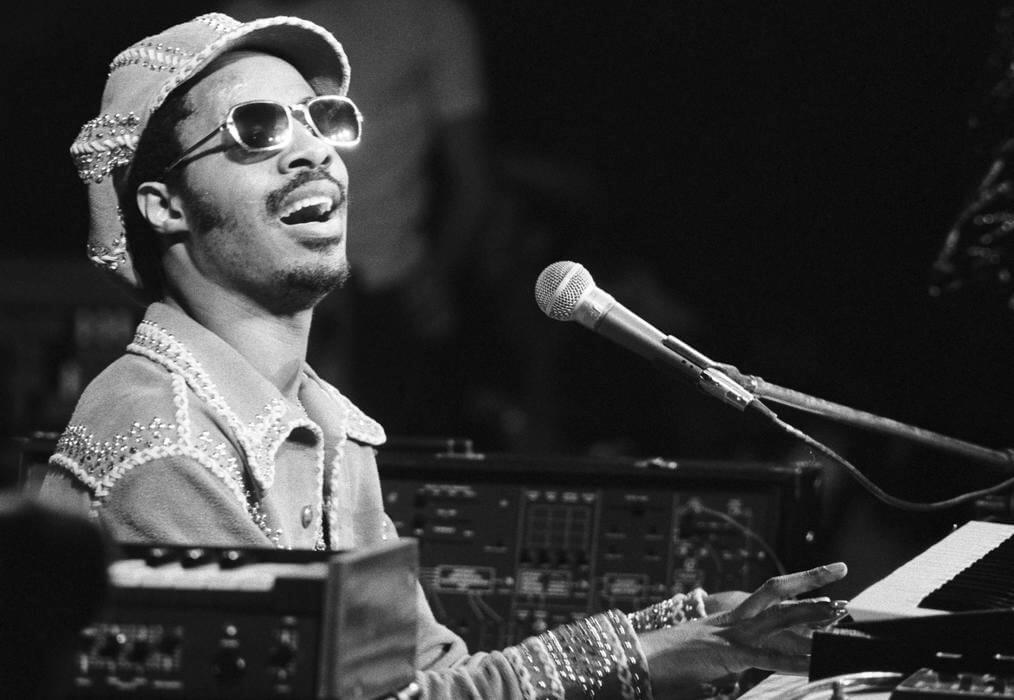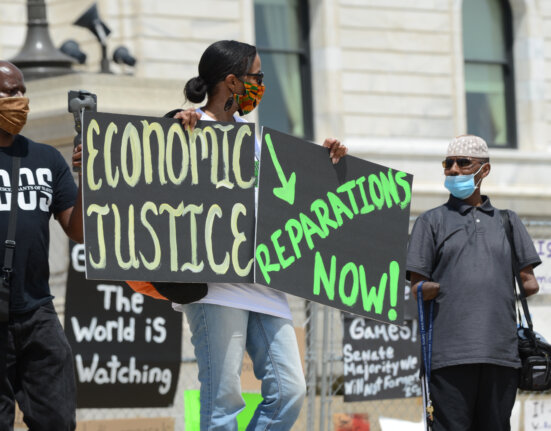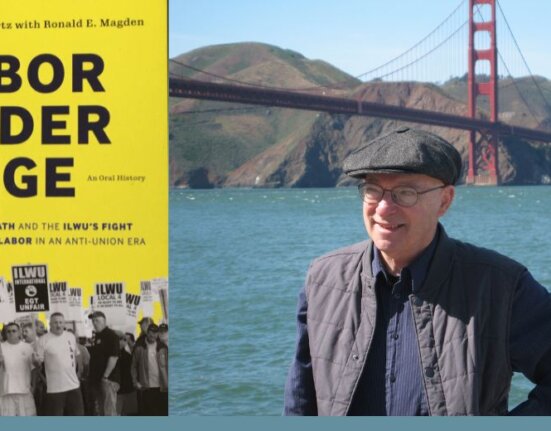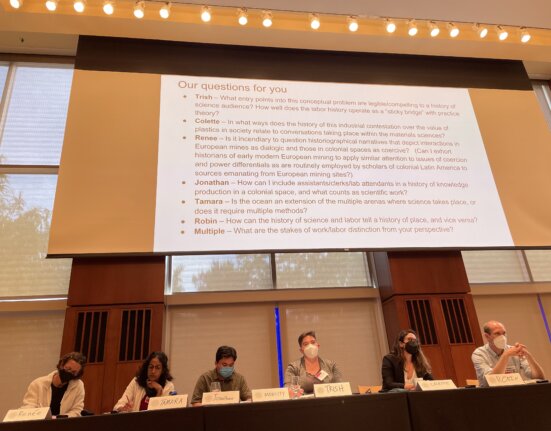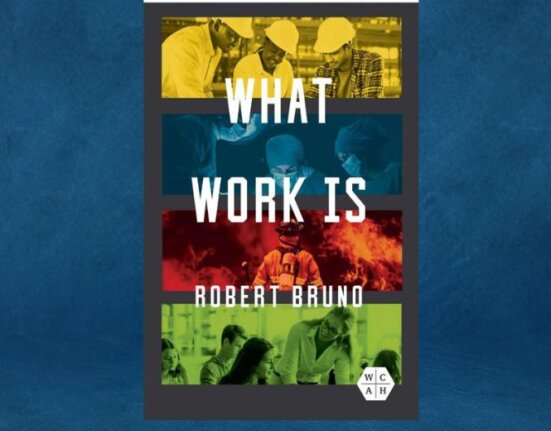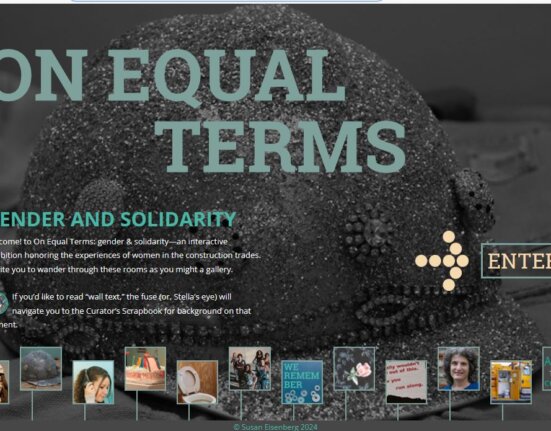Stevie Wonder is flat out the greatest American musician of the 1970s (I’m talking about the field of popular music broadly conceived — pop, rock, r&b, punk, etc.). As both a singles artist and an album maker, as a vocalist and a multi-instrumentalist, Wonder simply had no peers, whether in terms of productivity or creativity.
I’m not the only one who feels this way. I miss many things about the Obama presidency (public policy, human decency, family values, etc.), but on a very personal level I loved having a commander-in-chief cool enough to riff like a music geek. As Obama opined to Rolling Stone while on the campaign trail in 2008, “If I had one musical hero, it would have to be Stevie Wonder. … When I was at that point where you start getting involved in music, Stevie had that run with Music of My Mind, Talking Book, Fulfillingness’ First Finale and Innervisions, and then Songs in the Key of Life. Those are as brilliant a set of five albums as we’ve ever seen.” Obama already had my vote at that point, but that bit of wisdom insured that he would always get the benefit of the doubt from me. And he always will.
But back to the Master Blaster himself, it’s high time he’s honored with a Labor Song of the Month. “Living for the City” is the third track on 1973’s Innervisions, an album brimming with beautiful balladry, melodic funk, rollicking rock, and searing social commentary.
An epic story song, “Living for the City” profiles the misfortunes of a young black man pushed into the poverty-to-prison pipeline. The opening two verses set the stage:
A boy is born in hard time Mississippi/
Surrounded by four walls that ain’t so pretty/
His parents give him love and affection/
To keep him strong, moving in the right direction/
Living just enough, just enough for the cityHis father works some days for fourteen hours/
And you can bet, he barely makes a dollar/
His mother goes to scrub the floors for many/
And you’d best believe, she hardly gets a penny/
Living just enough, just enough for the city, yeah
This portrait of the protagonist’s parents points to the structural racism that long characterized the US labor market, with African Americans consigned to long hours, low pay, and backbreaking work as their lot in life, and black women in particular stuck with few options outside domestic work. Even a decade after the 1964 Civil Rights Act outlawed employment discrimination, Wonder sings of “hard time Mississippi,” suggesting something more permanent and pernicious than the “hard times” Americans bemoan during periodic economic downturns.
But the song also captures the aspirations and assertions of the young activists of the freedom struggle, nodding to the black-is-beautiful movement, the familial dedication to education, and the insistent demand for economic opportunity:
His sister’s black, but she is sho ’nuff pretty/
Her skirt is short, but Lord her legs are sturdy/
To walk to school, she’s got to get up early/
Her clothes are old, but never are they dirty/
Living just enough, just enough for the city, um humHer brother’s smart, he’s got more sense than many/
His patience long, but soon he won’t have any/
To find a job is like the haystack needle/
Because where he lives they don’t use colored people/
Living just enough, just enough for the city
In the first half of the song you feel the characters’ pride and purpose build via the propulsive, intensifying keyboard and drums. Then, after a spoken-word interlude where the hero moves to New York to find work but immediately falls victim to police brutality and a corrupt criminal justice system, the song’s second half swells into near chaos, with Wonder’s words fighting to be heard above the din of synths signaling anger, disgust, and ultimately resignation. There was no promised land after all, no northern deliverance from southern nightmare. Once the protagonist is released from prison, he wanders the streets of New York, homeless:
He’s almost dead from breathing in air pollution/
He tried to vote, but to him there’s no solution
That’s bleak, yet it captures well the economic malaise and political mood of the mid-1970s, as the civil rights victories secured by laws bumped up against the harder social realities of neighborhoods, workplaces, and political systems resistant to change.
I’m tempted to close here with a declaration of the decline of socially conscious popular music, to lament today’s absence of artists speaking truth to power on the airwaves (or is it through the ethernet?). But as my daughters and students would surely tell me, that’s likely a crock of crap, as every pop culture generation has its equal shares of schlock and substance. Nostalgia is the most seductive of sentiments, no doubt, and a highly unreliable guide to historical analysis. Instead, then, let me take a different tack.
It’s amazing how fresh “Living for the City” — indeed all of Wonder’s 1970s output — still sounds four decades later. But it’s just as amazing — actually alarming — how relevant the subject matter remains, as significant racial disparities persist in pay, employment, and our criminal justice system. As Bloomberg recently reported, “In 1979, the average black man in America earned 80 percent as much per hour as the average white man. By 2016, that shortfall had worsened to 70 percent, according to research … from the San Francisco Fed, which found the divide had also widened for black women.” Meanwhile, according to the Bureau of Labor Statistics, the black unemployment rate is currently double the white, a figure that has remained consistent for years. Finally, our national nightmare of police-on-black violence has returned to St. Louis, where a white officer was again acquitted in the shooting murder of a civilian.
How much has changed here since 1973? Hard time America goddam, as Wonder’s fellow singer and activist Nina Simone might respond.
In the song’s final stanza, Wonder switches from social storyteller to apocalyptic prophet, moving from third person narration to direct address:
I hope you hear inside my voice of sorrow/
And that it motivates you to make a better tomorrow/
This place is cruel, nowhere could be much colder/
If we don’t change the world will soon be over
“It ain’t nothin’ but a city,” Wonder concludes, reminding us that we have the power to effect change, as long as we “stop giving just enough for the city.” There’s our call for action, sung over forty years ago but speaking just as powerfully to us today.

This installment of the Labor Song of the Month is dedicated to Fred Redmond, Executive Vice President of the United Steelworkers (USW), co-chair of the AFL-CIO’s Commission on Racial and Economic Justice, and chair of the board of the A. Philip Randolph Institute. Mr. Redmond recently lectured at the University of Notre Dame and met with students and young activists to discuss paths toward a fairer and more inclusive American workplace. Mr. Redmond got his first job in the mills and joined the USW in 1973, the very year Stevie Wonder’s “Living for the City” was released.
Originally published on Labor Song of the Month. Republished with permission from the author. Have an idea for a future Labor Song of the Month? Email Dan Graff.


